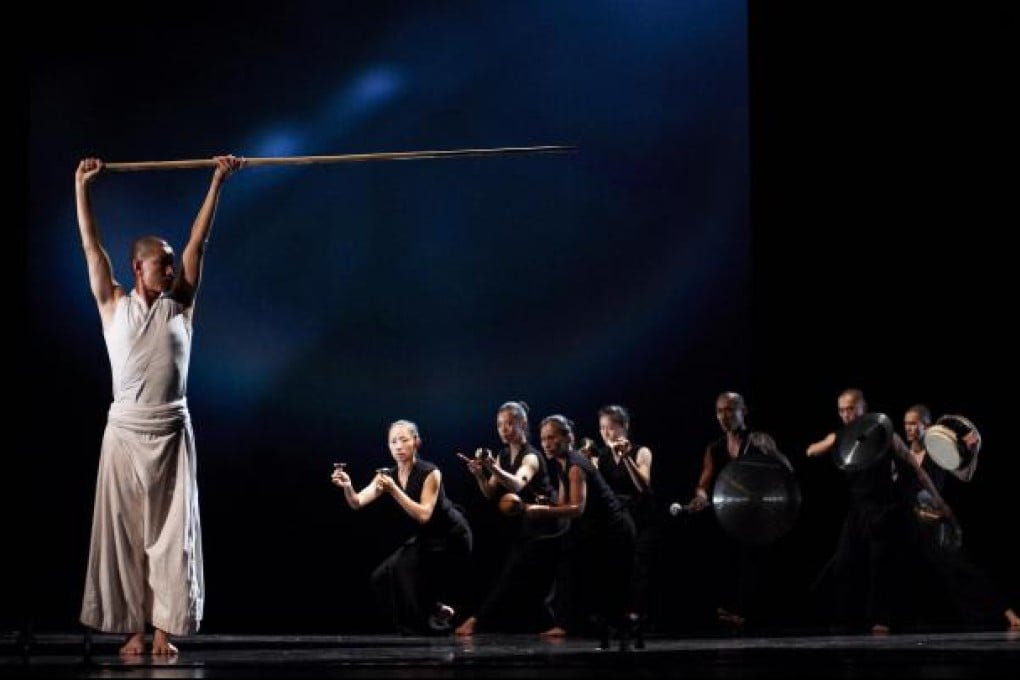Zen and the art of chilling out
Taiwanese U-Theatre's multi-arts piececelebrates calmness, writes Janice Leung

In 2008, members of U-Theatre of Taiwan embarked on "a walk" that lasted 50 days and covered 1,200 kilometres - about three-quarters of the island's total coastline.
They trekked seven to 10 hours a day and, after about a month, while strolling through the city of Taitung, they started to notice different sounds of nature: the chirping birds, the blowing wind, the ebb and flow of the tide.
"It was all about letting go and returning to the moment. When we walked, we paid full attention to our feet and toes," says Huang Chih-chun, music director of U-Theatre.
"When we focus ourselves and unite with the moment, we reach a state of inner calmness and emptiness, and time disappears … There is no idea from the past, no projection to the future, and nothing to worry about in the present."
This epic excursion became a source of inspiration for the troupe's Beyond Time, a multi-arts programme billed as "a timeless journey in celebration of the awe-inspiring moments in life".
The spiritual piece fuses thunderous drumming, sacred dance, martial arts, nomad singing and multimedia projection, and will open this year's New Vision Arts Festival on Friday and Saturday at the Hong Kong Cultural Centre Grand Theatre.